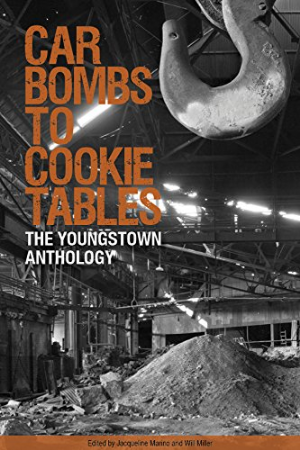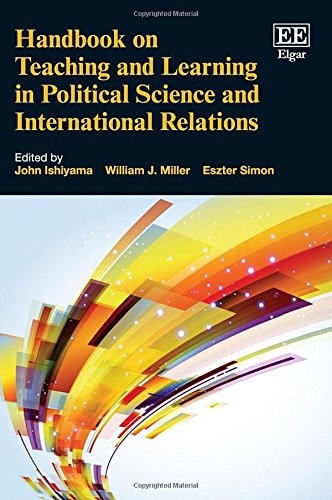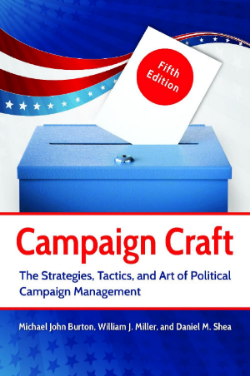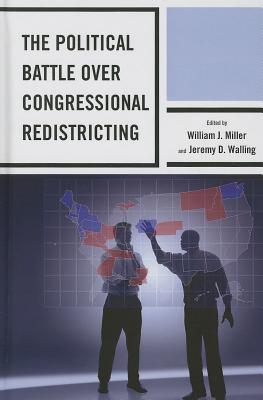Teacher. Scholar. Administrator.
Strategic Leader
Biography
A recognized thought leader and practitioner in institutional effectiveness and student success, Dr. Will Miller integrates his experiences as a faculty member, accreditation liaison, director of institutional research, and strategic enrollment management advisor into a comprehensive view of data and information flow on campus. Bringing together research on behavioral economics, organizational behavior, and political psychology, he bridges the gap between theoretical and applied in his efforts to help institutions increase their effectiveness and their students’ success.
Through integrated data and information flows, Will aims to assist institutions in breaking down data silos and creating healthy, authentic analytics cultures. Whether analyzing public opinion data from central Asian nations for the U.S. Department of State or assessing the learning outcomes achieved by students in various academic programs, Will, an unabashed data wonk, indulges his fascination for accreditation, assessment, analytics, and political science. As a teacher, he draws on his perspective as a public intellectual to engage students in courses on political science, public policy, program evaluation, and organizational behavior.
Will was born and raised in Youngstown, Ohio, less than a decade after Campbell Works shuttered on Black Monday sending the city into a spiral many argue it is yet to recover from. His interest in politics and history stems largely from growing up to daily news stories of organized crime, political corruption, and struggling industry; his interest in data and statistics, on the other hand, came from his tracking of statistics for any sport he could watch as a child. He received his Doctor of Philosophy in Urban Studies and Public Affairs at The University of Akron, where he also earned a Master of Applied Politics from the Ray C. Bliss Institute. He holds both a Master of Arts in Political Science from Ohio University and graduated Phi Beta Kappa with his Bachelor of Arts from the Ohio University Honors Tutorial College.
As Associate Vice President for Continuous Improvement and Institutional Performance at Embry-Riddle Aeronautical University, he leverages best practices to help faculty and staff in their question for continuous improvement and student learning. Through collaboration, responsiveness, and transparency, he helps the campus community design and implement rigorous, high-quality, authentic, and useful assessments for measuring progress and the impact of initiatives. He serves as SACSCOC Liaison and also oversees all disciplinary accreditations (including AABI, ABET, and ACBSP). Prior to coming to Embry-Riddle, Will served for four years as Executive Director of Institutional Analytics, Effectiveness, and Strategic Planning at Jacksonville University where he oversaw program development, institutional research, assessment, accreditation, and strategic initiatives.
To pair with his on-campus experiences, Will served as Assistant Vice President of Campus Strategy at Campus Labs (now Anthology), a higher education technology and consulting firm. In this role he served as a subject matter expert serving Campus Labs’ 1,700 member campuses across the globe in their accreditation, assessment, and student success efforts. Further, he worked with marketing, engineering, and customer success to ensure positioning, functionality, and maximum utilization of all tools and services. Prior to Campus Labs, he was Executive Director of Institutional Analytics, Effectiveness, and Planning at Flagler College. He has also held faculty positions at Southeast Missouri State University, Notre Dame College, and Ohio University.
Will regularly presents at professional conferences focused on higher education, assessment, accreditation, institutional research, and political science. As a prolific author, Will has written for outlets including Political Science Quarterly, Inside Higher Ed, Journal of Political Marketing, and Times Higher Education, in addition to authoring and editing multiple books and book chapters in published works. Will also serves as a strategic advisor to elected officials, agency administrators, education technology companies, and social service agencies.
Books
Teaching Philosophy
DOCENDO DISCUTIR
My teaching is improved most by learning from my students; my approach to student education centers on the concept that one can only truly learn by teaching. This does not imply my classes center on peer mentorship, but instead highlights that there is a holistic process at work when it comes to student growth. Said process focuses on the co-creation of meaning between a student and myself. Why I want students to be in a classroom can differ greatly from why they have enrolled. Only by working to determine how I can align my goals with their goals can we hope to actually accomplish learning. I do not advocate any scenario where faculty must teach to a lowest common denominator or focus on individual learning styles for individual students. Rather, the co-creation of meaning guides the classroom interplay on a day-to-day basis and should foster student growth.
In the process of co-creating meaning, I struggle to balance key dialectics within my classroom: guiding and providing, theory and application, helping and challenging, and rigor and expression.
Guiding and Providing: I do not need to decide whether I prefer being a sage on the stage or a guide by their side; it is entirely possible to be both. And it benefits students when I am. I firmly believe it is more beneficial for students to leave college courses with clear understandings of how politics works as opposed to a battery of factual knowledge. It is far easier to learn facts when they are immediately needed, after all, than it is to figure out how things work. It is not merely a memorization of the great players and the important structures, but an understanding of how those structures and players interact. Thus, my job is to provide the basic factual knowledge students need to be able to analyze and comprehend the world around them before guiding them through determining why it matters and how it works.
Theory and Application: I have the fortune to teach every type of student: from the wide-eyed eighteen year old freshman with no knowledge of terrorism or campaigns to career bureaucrats seeking leadership positions within their public agencies. They key to helping both succeed is making material relevant. In every class I teach, I hope that students will be able to wrestle with the course material in their own lives, applying abstract theories to what they experience in their everyday world. Ideally, this approach should empower students to articulate ideas and process concepts in ways that are meaningful to them. Further, I can only have the impact I aim for if I am actively engaged within my discipline. Instructors who enter a classroom without also working to further their discipline through substantive contributions are disserving students and their institutions. Active researchers add material to their courses that truly allow for applied learning.
Helping and Challenging: Part of a student's everyday world is the university itself. Thus, my role as a teacher inherently includes helping students succeed in the unique culture of higher education. While I want students to be able to personalize their education via active learning, I also recognize that I have expertise from which students may benefit. I believe most students will rise to the challenge when quality work is demanded of them if they are also helped to develop the skills necessary to make that possible. For this reason I encourage critical thinking and the improvement of oral and written skills in all of my classes. I set a bar that is obtainable when effort is applied but at the same time seeks to punish those who attempt to coast. While students appreciate receiving grades of “A,” they benefit most from “A” grades they must work to earn.
Rigor and Expression: I believe students are best served when they are actively and rigorously engaged in the pursuit of knowledge. A teacher may inspire, but students should be actively engaged in the learning process for it to be successful. In an effort to give students greater ownership of the knowledge they encounter, I use cooperative and active learning strategies as well as lecture in my classroom and try to develop assignments that foster both analytical and critical thinking and opportunities for creative application. I maintain an open policy by which students can seek to tweak assignments to fit their personal interests. I may ask for a four-page paper analyzing the applicability of Veblen to modern American culture and have a student request to turn in a ten-page television script for a pilot based on the same materials. I am willing to work with students to help assure they accomplish my goals with an appropriate degree of rigor while also allowing them to express themselves in personally meaningful ways.
Students come to college with different expectations, life stories, experiences, biases, and levels of enthusiasm. It is my work to navigate such diversity in a way that promotes learning and growth for the group and each individual. Every class and every student is unique. The same lecture presented to two different groups of students can be received in entirely different ways. The underlying objective of all courses I teach is that students develop the ability to evaluate information, understand the mechanisms underlying political processes, and comprehend the real world implications of those processes. The end result is students leave my classes with enhanced analytical skills, inquisitive minds, and a better understanding of the complex political, economic, and social phenomena throughout the world.










